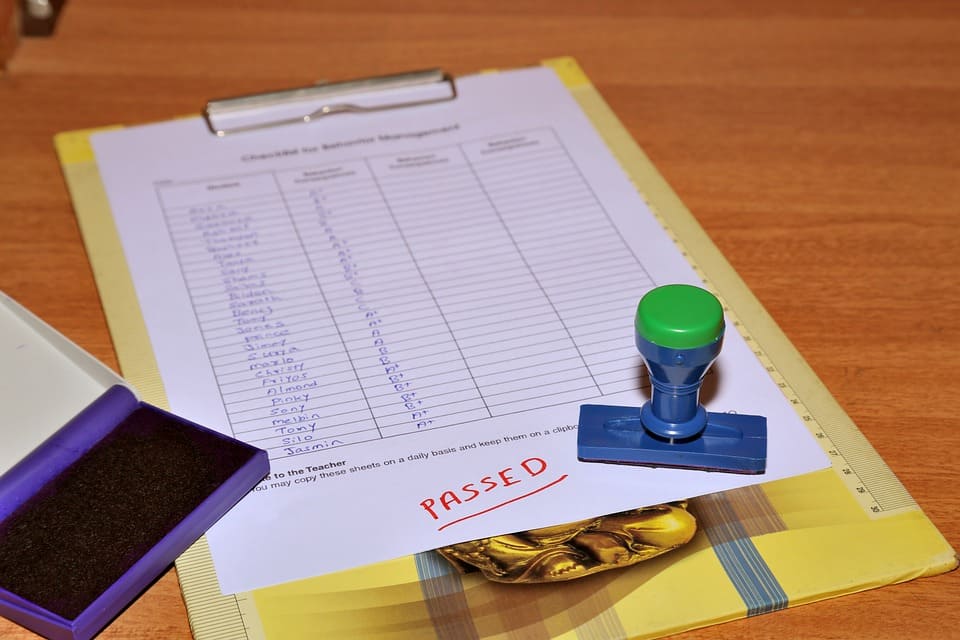Top Colleges in Parbhani 2025: Marathwada Agricultural University - MAU Complete Guide (Last Date, Cutoff, Placements, Ranking, Process, Criteria, Syllabus)
PhD in Biochemistry is a research-based degree that focuses on living organisms at the molecular level and delves deeply into biomolecules. This advanced degree combines biological sciences such as genetics, forensics, medicine, plant science, and microbiology. It consists of many seminars, project work, and research in scientific laboratories.
The PhD in Biochemistrycourse requires at least three years to finish, however it can be extended to five years depending on the length of the research project. Research might be conducted independently under the supervision of a faculty member, or the candidate can work as part of a research team.
To be eligible for PhD in Biochemistry, a candidate must have completed a postgraduate degree in Biochemistry, Biotechnology, Microbiology, or a related discipline with at least 55% aggregate marks. Further eligibility is determined by the scores obtained in the admission exams and the subsequent interview. Admission to the PhD in Biochemistry course is based on entrance exam scores. Some of the most common entrance exams for this course include GATE, UGC-NET, and CSIR-UGC-NET. After the entrance exams, some colleges conduct a personal interview and a written test to determine the final shortlist of candidates.
The average pay paid to a PhD in Biochemistry graduate ranges between INR 4,00,000 and INR 20,00,000, which may grow with more years of experience. If the candidates desire to pursue additional education, they can obtain a DSc degree in this field. To obtain the DSc degree, they must conduct at least 5 years of research after completing their PhD.
PhD in Biochemistry Highlights
| Course name | Doctor of Philosophy in Biochemistry |
| Duration | 3 Years |
| Admission mode | Entrance exam |
| Eligibility | Master |
| Official website | www.vnmkv.ac.in |
What is PhD in Biochemistry all about?
PhD in Biochemistry is a three-year doctorate program that reveals previously unknown aspects of life science by analyzing and interpreting numerous experimental data sets.
- This program fosters research skills through a comprehensive approach to reference materials courses, as well as by mentoring undergraduate students and contributing to the department's publication.
- Graduates with a PhD in Biochemistry become biochemists, college instructors, or researchers who continue to experiment and find solutions to scientific and societal problems.
- Genetics, forensics, stem cell research, plant science, bio-organic chemistry, microbiology, medicine, and bioethics make up the majority of the curriculum. after completing this course applicants will be required to submit a research thesis on a biochemistry related topic for a final examination.
- Students are prepared to become valuable research scientis by learning how to manage time, data and resources.
PhD in Biochemistry Admissions Process
Most universities admit students to PhD in Biochemistry programs based on their entrance exam scores. The step-by-step approach is detailed below.
- Step 1: Candidates should fill up and submit an online application form to their selected university, after which they will take an entrance exam.
- Step 2: Students must register for and attend the university's or the common admission exam before the deadline.
- Step 3: Candidates who pass the admission exam will be selected for an interview/counselling.
- Step 4: During the interview, candidates must present their study ideas in front of a research panel. The research panel will choose the candidates based on this research proposal.
- Step 5: After being accepted into the course, candidates must complete a one-semester course work on "Research Methodology" at the conclusion of which they must present and defend their research project.
PhD in Biochemistry Eligibility Criteria
To be eligible for the PhD in Biochemistry course, a candidate must meet the following criteria.
- A candidate must have completed a Master's degree in Biochemistry or related topics with a minimum of 55% marks or a 5.5 CGPA out of ten.
- Candidates having an MPhil degree in Biochemistry are also eligible.
- Candidates having a master's degree in pharmacy or technology (M Pharm or MTech), or a bachelor's degree program lasting more than four years, such as MBBS and BDS, will also be considered for this course.
- Candidates from the SC/ST/OBC (non-creamy layer), differently abled, and other categories are eligible for a 5% mark relaxation.
PhD in Biochemistry Syllabus.
The common subject that should be while pursuing a PhD in Biochemistry are Cell Biology, Molecular Biology, Immunology and Immunotechniques, and Enzymes and Techniques in Biochemistry.
Paper 1
Biotechniques
Fundamental Techniques of Genetics Sequence Alignment
Proteins and Nucleic Acids
Southern, Western and Northern blot
PCR & RT PCR
Fluorescence, Circular Dichroism
PAGE, SDS PAGE
DNA & RNA Sequence Analysis
Ultracentrifugation
Pharmaco-Genomics
Genomics of Prokaryotes & Eukaryotes
Subcellular Fractionation
Immunoblotting
Drug Protein and Nucleic Acid Docking
Central Tendency, Dispersion, Variability and Correlation Coefficient
Bioinformatics & Biostatistics
Protein & Nucleic Acid
Computational Sequence Analysis
Molecular Biology Enzymes
DNA Techniques
Functional Genomics
Electron Microscopic Techniques
SEM, TEM Freeze Fracture Technique
Electrophoresis
Mass Spectrometry
Immuno-Electrophoresis
Paper 2
Biological Database
Molecular Modelling
Molecular Mechanics
Molecular Dynamics
Bioinformatics Applications
Bioremediation
Biotransformation
Biodegradation
Effluent Treatment Systems
Water Pollution Monitoring
Plant Cell Culture
Agricultural Microbiology
Microbial Ecology
Environmental Microbiology
Immunology
Medical Microbiology
Fermentation Technology
Blood Chemistry
PhD in Biochemistry Future Scope
The opportunity for PhD in Biochemistry applicants is expanding since biochemists are in high demand in both the business and public sectors. Biochemistry is, in fact, known as the "science of the future".
- Biochemist graduates' careers are anticipated to grow by 11% between 2018 and 2028, above the average for other jobs.
- For beginners, the initial wage ranges from INR 3,00,000 to 4,00,000 and tends to improve with experience.
- Graduates with at least 5 years of professional experience receive a starting salary of INR 5 LPA.
- PhD holders who have made changes to current pathological concerns in biochemistry or conducted independent experiments revolving around restructuring medicine into healthier versions can expect high remuneration and excellent job opportunities, such as specialist jobs in the medical sector.
- Graduates with a PhD in Biochemistry can be educators for biochemistry subject, which is also a legitimate career path. because statistics is extensively researched in biochemical research, scientists obtain high paying professions in the economic aspects of the medical industry.
FAQs
Que Is a PhD in Biochemistry necessary?
A PhD is usually required to become a biochemist due of the extensive research involved. Depending on the significance of the study objective, one may also qualify to be a lecturer at a prestigious university or to hold a high-ranking position.
Que Is specialization in biochemical research superior to a traditional PhD in Biochemistry ?
Ans. A concentration in biochemistry increases your chances of finding a job and earning a good salary.
Que Can a PhD be completed in more than three years?
Answer: PhDs can take up to seven years. Most PhD in Biochemistry programs take three to five years to complete. If it is not completed by the end of the third year, a special request can be made to the research committee of the particular institution, and depending on the candidate's competency, an extension may be granted.
Que Is mathematical knowledge useful in biochemistry research?
Ans. While it is not required, students are encouraged to develop mathematical skills because they have applications in kinetics and thermodynamics, as well as probability and statistics, which are studied during research.





